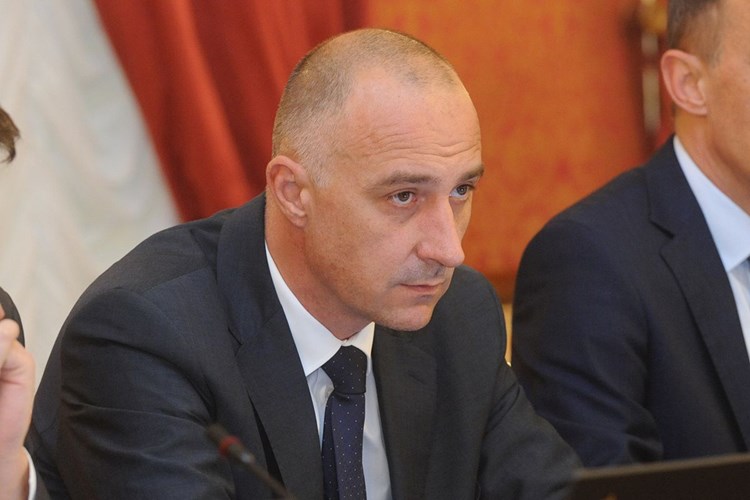


Although the bid meets all formal requirements, the plan of business, investment and development is vague, the solutions are untenable and outdated, Vrdoljak said.
He recalled that the institute lost its licence more than two years ago because nothing had been invested in it for 20 years, it served to siphon money and standards were neglected. If the institute had a licence, there would be no need to seek a strategic partner, he said, accusing all previous governments and management for the current situation.
Vrdoljak said the Economy Ministry would take measures to urgently find a solution for paying at least some of the salaries owed in the institute. He hopes the institute will get its licence back over the next six weeks, which is up to the Agency for Medicinal Products and Medical Devices.
The government tasked the State Property Management Office with drawing up a decision on a new tender for the institute within 30 days.
Visia Croatica submitted the only offer to buy the government's 73.41 percent stake in the institute, although eight letters of intent from potential investors were submitted when bids were invited in April 2014. In January 2015, the government invited binding bids and the only one submitted by March 25 was from Visia Croatica.
Investors were asked to invest at least HRK 100 million in the construction of a new plant that would provide for obtaining lasting manufacturing licences, for keeping production in Croatia and for manufacturing blood products from plasma collected domestically.
(Text: Hina)